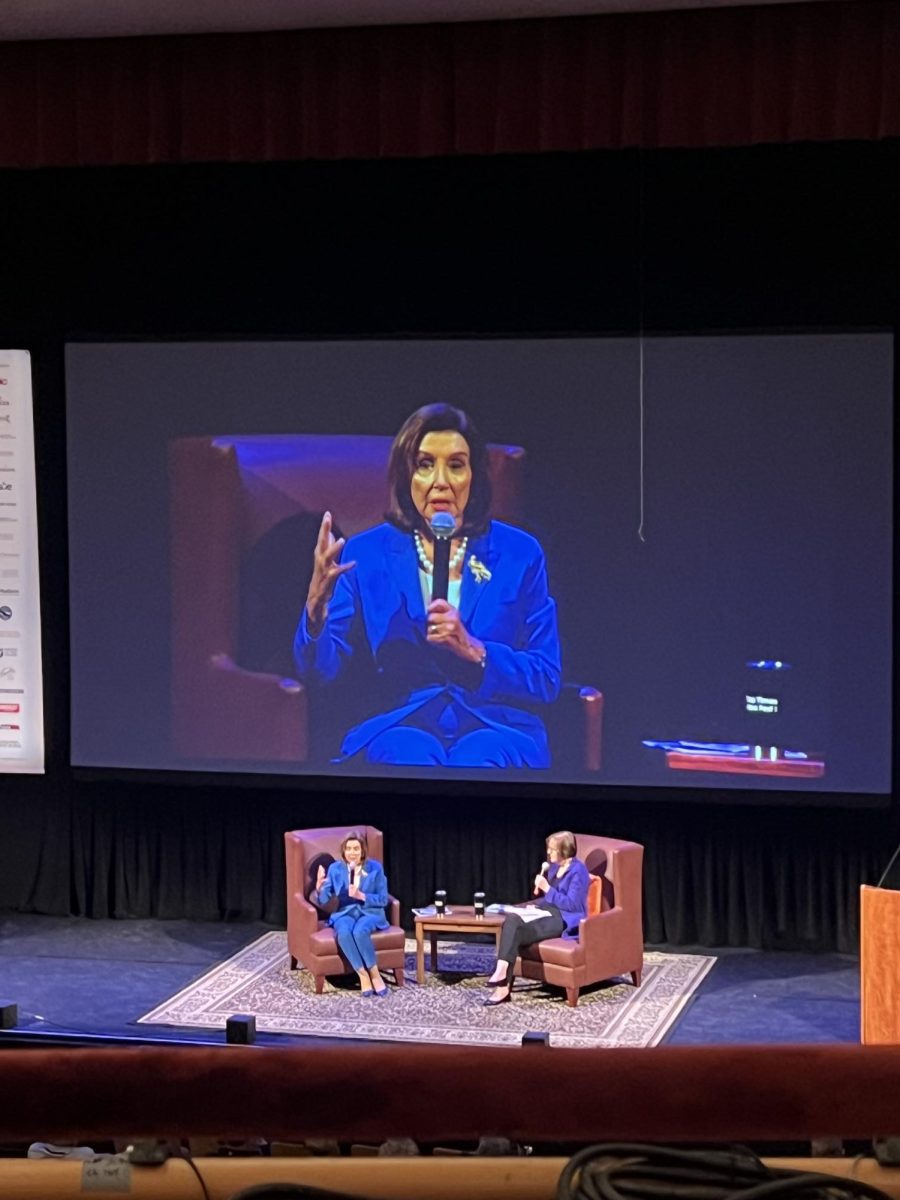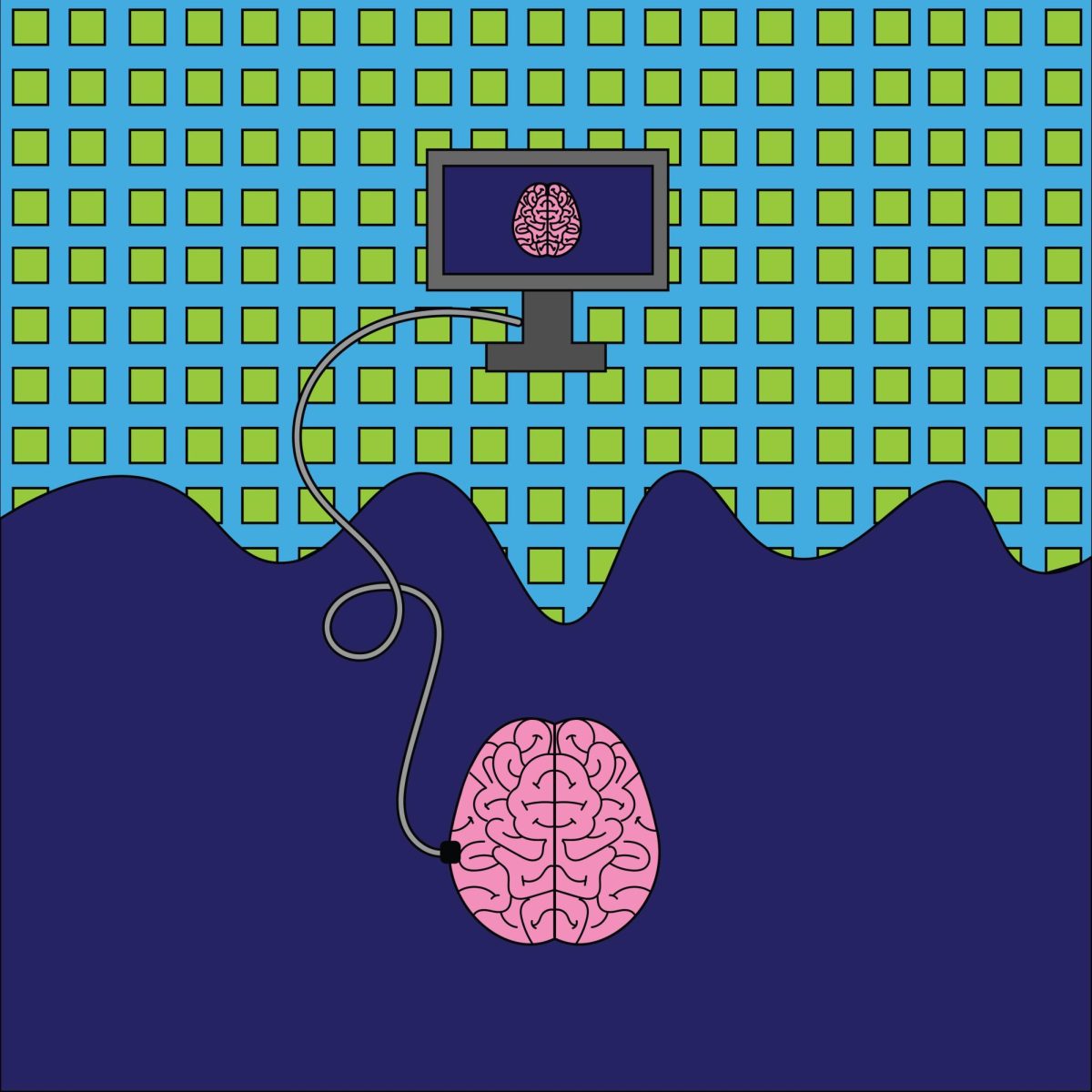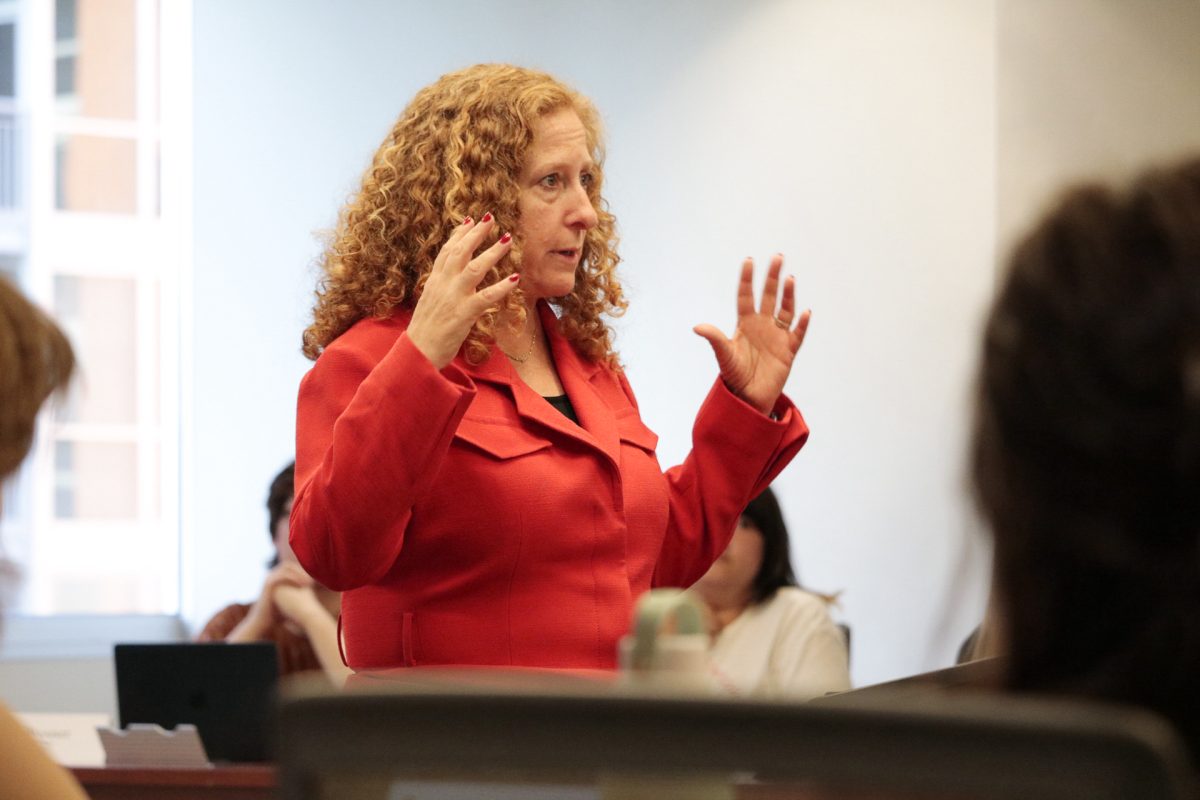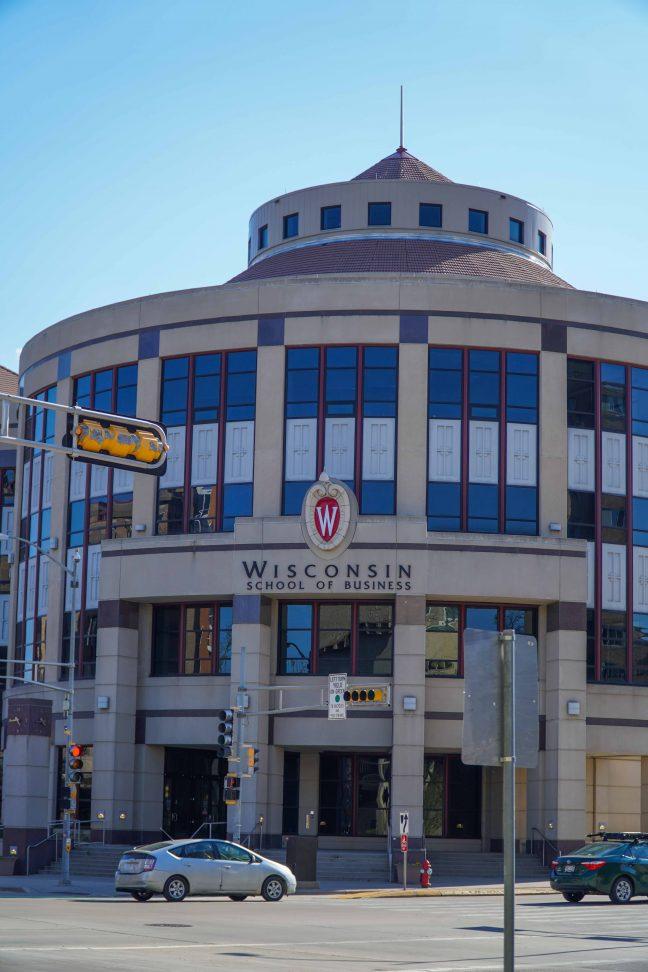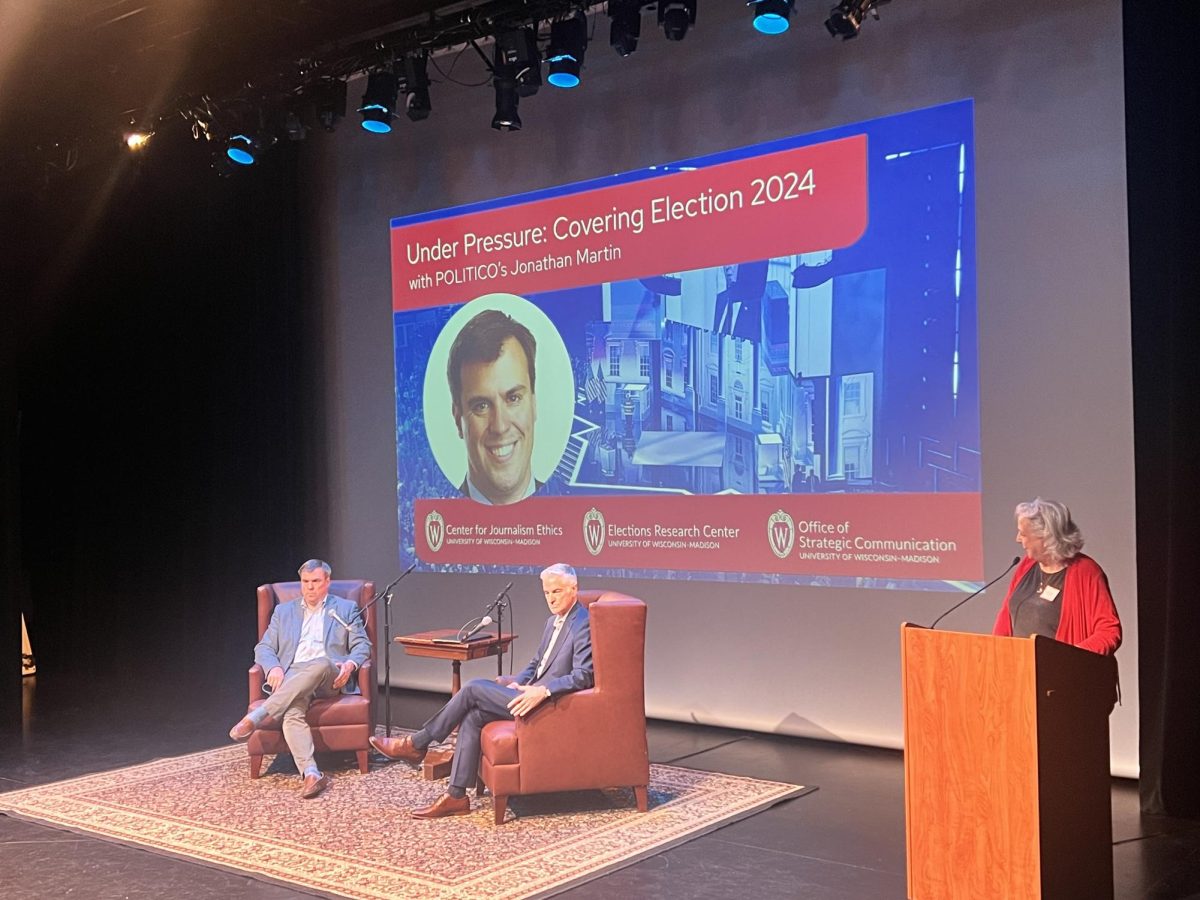[media-credit name=’SUNDEEP MALLADI/Herald photo’ align=’alignnone’ width=’648′] [/media-credit]In his budget address Tuesday, Gov. Jim Doyle promised a large monetary commitment to higher education in Wisconsin.
[/media-credit]In his budget address Tuesday, Gov. Jim Doyle promised a large monetary commitment to higher education in Wisconsin.
Doyle specifically targeted the University of Wisconsin System in his speech, proposing the allocation of $21 million to the UW Board of Regents, $44 million to student financial aid and an additional $10 million to the Madison campus specifically.
Whether such money will be able to meet the needs of the entire university system — which consists of more than 160,000 students at 26 campuses — remains unclear, however.
Board of Regents President David Walsh said he hopes the proposed budget will pass, as the system continues to struggle with significant budget cuts from previous years.
"For four years, we absorbed significant cuts," Walsh said. "We understand why we had to. But it's a new day, and we have a governor that understands and has a commitment to higher education."
Walsh said system administrators would work to implement initiatives and incentives at each university with the new funding.
"We did not get every dollar we asked for," UW System spokesperson David Giroux said. "But we do have the funding to launch every initiative."
However, state Rep. Stephen Nass, R-Whitewater, said the budget is neither sufficient nor realistic enough to meet the UW System's needs.
Nass spokesperson Mike Mikalsen called the budget "irresponsible" and added the system will have to compete with other state priority programs to receive funding.
Two-thirds of the money designated for state priority programs will go toward K-12 education, Mikalsen said, dividing the final third among state agencies and higher educational systems.
"[The governor's] made a lot of promises, but there's no real funding," Mikalsen said. "He's created a crisis in the long term."
While the proposed state budget provides a substantial amount of money to the system, Mikalsen said figures from past financial reports show a decreasing significance of state funding to the overall system budget.
Conducted annually by the UW System Office of Finance, the financial reports analyze overall funding for the UW System, including sources of revenue and spending. The report is compiled through a "shared financial system," according to UW System Director of Financial Reporting Ginger Hintz.
Through the shared financial system, "all of the campuses seed their information to us," Hintz said, adding the report is compiled after receiving information from each school.
When looking at the report from the past fiscal year of 2005-06, state funding made up 24.3 percent of the system's overall operating budget, which is a significant drop from the 35.6 percent in 1995-96.
However, Walsh said the statistic may be misleading — state funding has not decreased, but instead has stayed stagnant while system costs rise.
"Our expenses have gone up as their contribution has remained the same," Walsh said. "It's been tough; the budgets have been tough."
Finding other funds
With stagnant state funding, the system turns to other sources of revenue — including student tuition — to meet operating and institutional costs.
Tuition continues to increase at every system school, and the report said tuition rates increased 6.9 percent throughout the system in 2005-06.
While the increase is lower than in previous years, the issue of rising tuition across UW System campuses is concerning for administrators, especially when considering a 5 percent decrease in scholarships.
Ideally, Walsh said he would like to see more state funding instead of constant tuition raises.
"We think that the state should contribute more than the students," Walsh said. "Obviously the state has competing constituencies. … We understand that, but the result is that we're asking the students to pay a greater part."
Though Doyle's budget pledges to hold tuition down to a 4 percent increase in the next two years, Mikalsen said tuition might actually increase more because of hidden provisions.
Mikalsen said the system's faculty pay plan is funded by two sources of revenue: Gross Product Revenue and student tuition.
If Doyle is planning to fund the pay plan and can only take so much from the GPR, Mikalsen said student tuition would have to take on the extra burden from the state.
"It's likely a portion will be passed off to students," Mikalsen added. "That's something [Doyle] knew but conveniently chose not to mention."
Specifically at UW-Madison, in-state tuition is the lowest in the Big Ten, according to Walsh.
However, if tuition continues to rise and state funding does not increase, Walsh said the system would ultimately feel repercussions.
"It hurts access if the state doesn't contribute and we require the students to pay more tuition," Walsh said.
Hey, big spender
When it comes to spending, total expenses for the UW System increased $93.2 million in the past fiscal year, a smaller increase from the 2005 fiscal year, which had an expense increase of $144.2 million.
Tim Norris, director of the UW-Madison budget office, said the Madison campus spends most of its "base budget" on direct institutional costs.
"The operating budget goes to support academic programs, provide instruction, public services and academic support — things like the libraries," Norris said. "It pays for the ongoing maintenance and utilities."
Of the total budget, operating expenses in the system increased by $90.4 million, including increases in expenses for research and instruction, and decreases in financial aid and academic support.
But Walsh supported the funding for research, noting UW-Madison receives most of the money.
"[Madison] ranks in the top three every year, and that's important for two reasons: It brings bright people to this campus and it stimulates the economy," Walsh said. "It's part of the greatness of the institution."
Also prominent in the overall budget for the UW System is the number of building projects in progress during the past fiscal year.
UW-Madison is in the process of 16 extensive projects. Most of the projects on the Madison campus are for academic institutions, including additions to Grainger Hall and the Chazen Museum, and renovations to Sterling Hall and the Education Building.
With the influx of construction on campus, Norris raised concerns about increasing costs of maintenance and utilities when the projects are completed.
"On the maintenance side, there's new additional space, and we haven't received any new dollars to upkeep it," Norris said. "Right now, it's going be a question of reallocation. … We're hoping in the long term to work something out with the state."
But while the buildings themselves received increased funding, faculty and staff have seen very little increase in the areas of salary and fringe benefits.
According to the report, while salary and fringe benefits count for 67.4 percent of the operating expenses, the expenses slightly decreased from the 2005 fiscal year to the 2006 year.
Additionally, 100 full-time equivalent administrative positions had to be cut in 2005-06 to reduce administrative costs by $15 million.
However, Walsh stressed the reduction of the administrative positions refers only to positions in the administrative offices, and not professors.
"Our cuts are absorbed by the administrators," Walsh said. "We're trying to keep our priorities in line."
The system spent more than $2.6 million on salary and fringe benefits for the 2005 fiscal year, but spent about $2.3 million in 2006, indicating low — if any — salary increases for faculty.
Norris said salaries at the Madison campus also follow the system-wide pay plan, so salary increases in recent years have not been very high.
"Looking at the state fiscal picture, the dollars haven't been available," Norris said. "The state's facing a structural deficit, and there's only so much money to go around."
Looking at the future
All administrative eyes will be on the state as the proposed budget heads to the Legislature in the upcoming months.
Whether the UW System will receive all of the funding it requested has yet to be determined, but Mikalsen said whatever money the system receives, it should be used wisely.
"The issue is that the UW System is one of the few public college systems in the country, and it has failed to make any major reforms in its operations," Mikalsen said. "They need ways to be innovative — not only with taxpayer money, but the money it's collecting from students."
Mikalsen pointed to a nonpartisan legislative audit two years ago that reported high numbers in the system's administrative costs.
The problems, Mikalsen said, are in implementing "back-up" paid positions for administrators and the abuse of sick leave.
"Its unfair to say the state has not kept up with their commitment," Mikalsen said. "There have been attempts on paper to address these issues, but in realistic issues, not much has changed."
Giroux said he hopes a closer look at Doyle's budget will provide more answers in the future, adding the system will direct funding toward A Growth Agenda for Wisconsin, a system-wide plan to increase student access to the system.
"If the budget passes through the Legislature, then we have sufficient funds to do everything we wanted," Giroux said. "[I]nvestment in higher education is good for the state of Wisconsin."
Walsh added the proposed budget brings optimism to the goals for the UW System.
"We hope it's going to stop the cutting, the bleeding," Walsh said. "We have great confidence in the system and in our governor."



